For casual fans, it’s tough to imagine what it could be like to cheat in a professional chess match. Nowadays, we all have phones in our pockets that can easily outplay even the best player in the world, and the chess elite would only need a hint or two from the engine to sort out a position. There have been the occasional high-profile cheating incidents in chess, but nothing has engulfed the game like the controversy brewing around Niemann: if he did cheat, here’s how he could have done it.
Why is Hans Niemann suspected of cheating?
First of all, the young American has already admitted to cheating in online tournaments on chess.com, ones that had prize money involved. Though the details aren’t clear to the general public, Hans maintains that he’s only cheated twice, back when he was 12 and 16 years old, something that chess.com more or less disputed via a Twitter post.
There is no tangible evidence of Niemann cheating in over-the-board play, but his performance has markedly improved against elite-level players in a very short period, in a way that has many of his peers concerned. Carlsen has withdrawn from the Sinquefield Cup after losing Niemann with the White pieces, the first time he has done so in his career. Apparently, he was already considering doing so when Niemann was announced as Rapport’s replacement.
Statistical analysis by experts hasn’t suggested foul play, but the controversy continues. With most parties likely bound by NDAs and worried about potential lawsuits, the chess-playing public is stuck with speculation and veiled statements. Carlsen, who outright resigned against Niemann after just two moves of play in their recent meeting at the online Julius Bär Generation Cup, said that he hopes to be able to say more once the tournament concludes.
How could Niemann have cheated against Carlsen?
Cheating over the board is a very different kettle of fish. We’ve seen players hide phones in bathrooms at smaller tournaments with fewer precautions to check the engine evaluation in critical situations. As long as the moves were relayed live to the various broadcasts, anyone else could have done the dirty work from home as long as they had a way to communicate the moves to Niemann.
Though the players are submitted to rigorous pat-downs and a screen through with a metal detector, there are no guarantees that this is a sufficient solution. In online communities, the idea of anal beads or other such internalized devices has been a source of many memes, but players could indeed use something like a thumper to communicate via vibrations in a way that avoids detection.
There are further possibilities of foul play in events where a live audience is present. For instance, someone from the crowd can easily check the computer evaluation of the position and use coded signals to highlight the relevant information. Even knowing that they are in a critical position for the best players in the world can be enough to find the right move. The possibilities are endless in this regard, and sadly, we have seen examples of such elaborate codes used by the French team at the 2010 Chess Olympiad. The possibility of foul play continues to rise as technology continues to improve.
It’s also possible that Carlsen’s concerned about someone from his team leaking his preparation material to Niemann, but there is nothing specific about this rumor. Indeed, Carlsen’s recent statement, which name-checked a player convicted of cheating as Niemann’s “mentor,” points more in the other direction.
It is extremely tough to find tangible proof of cheating in offline play, and it is also near-impossible to disprove it when looking at the play of elite-level players. There’s a reason why Niemann grabbed headlines when he said that he’d be willing to play naked to prove that he’s not using any external assistance.
FIDE has also stepped in with a carefully worded statement about the matter, which hasn’t revealed much but suggested there’s a road for greater cooperation between various chess entities regarding anti-cheating measures. Whether this is a scandal or a witch hunt, the situation is not great for the chess world, and there is no end in sight.


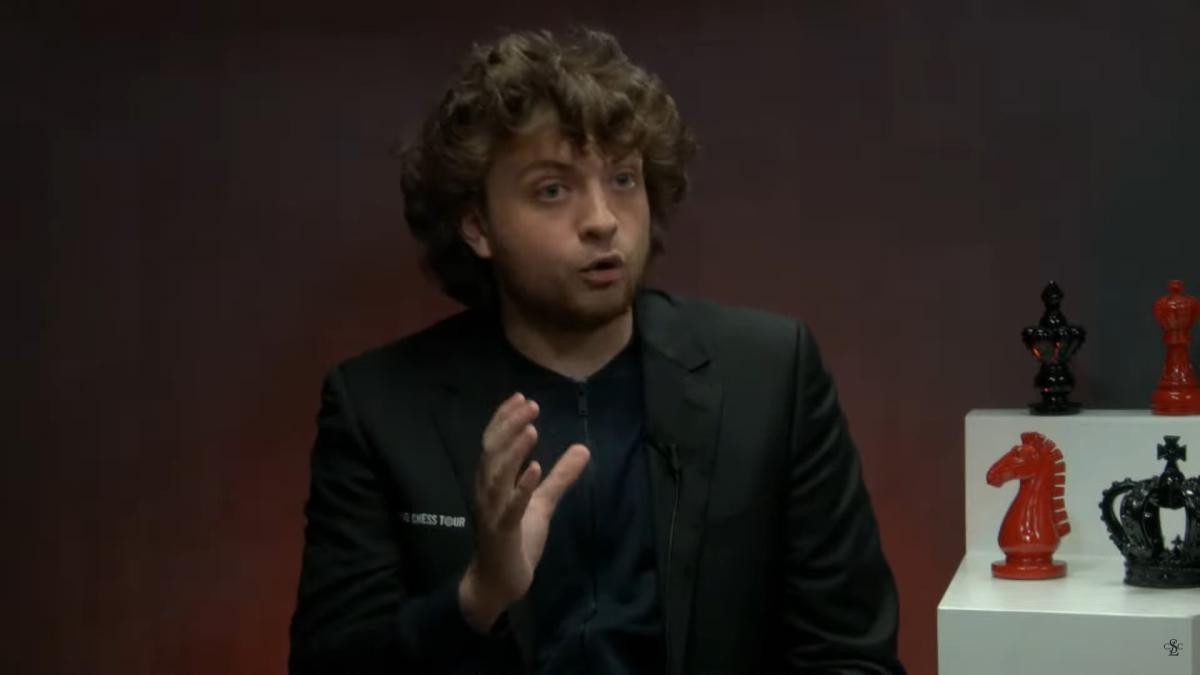
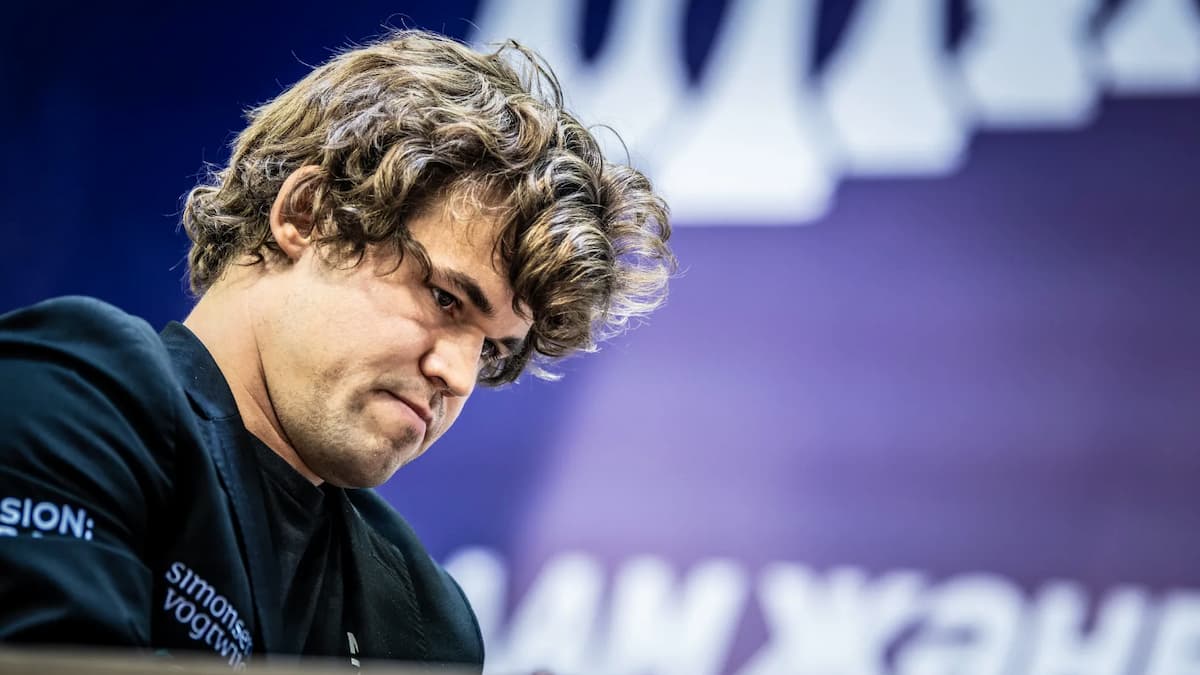
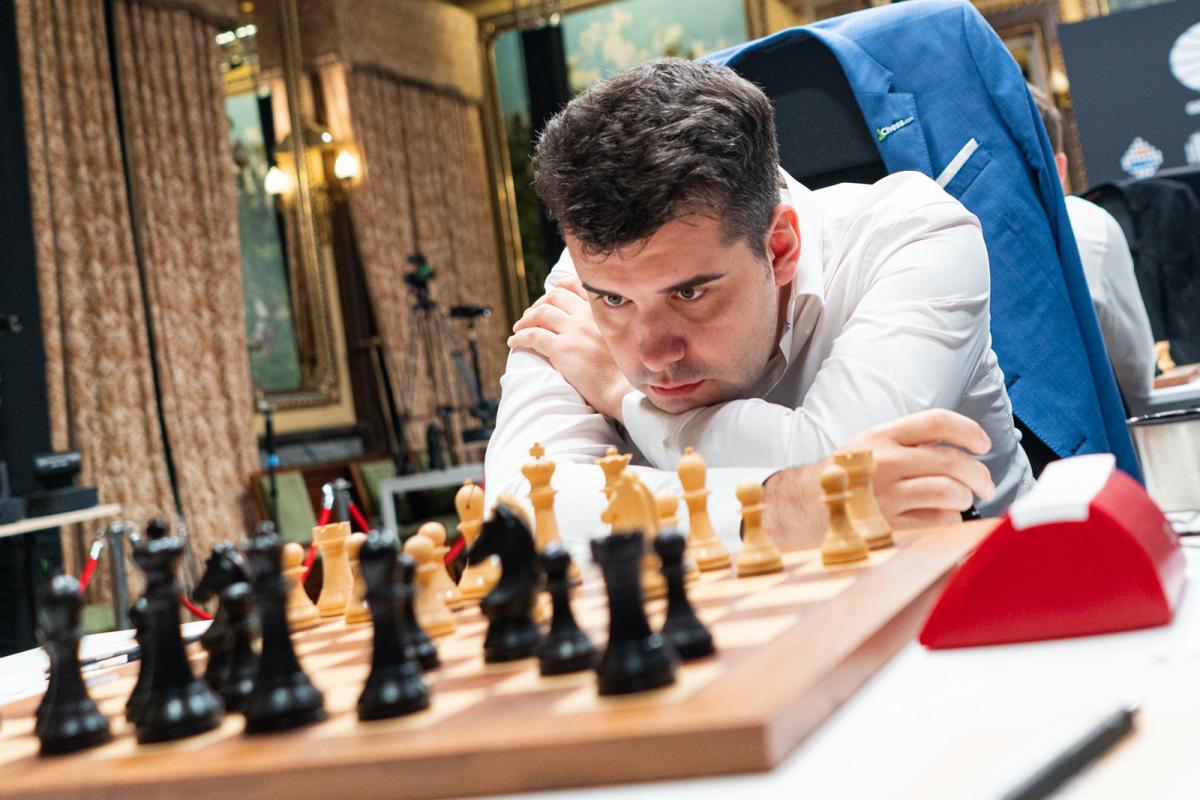
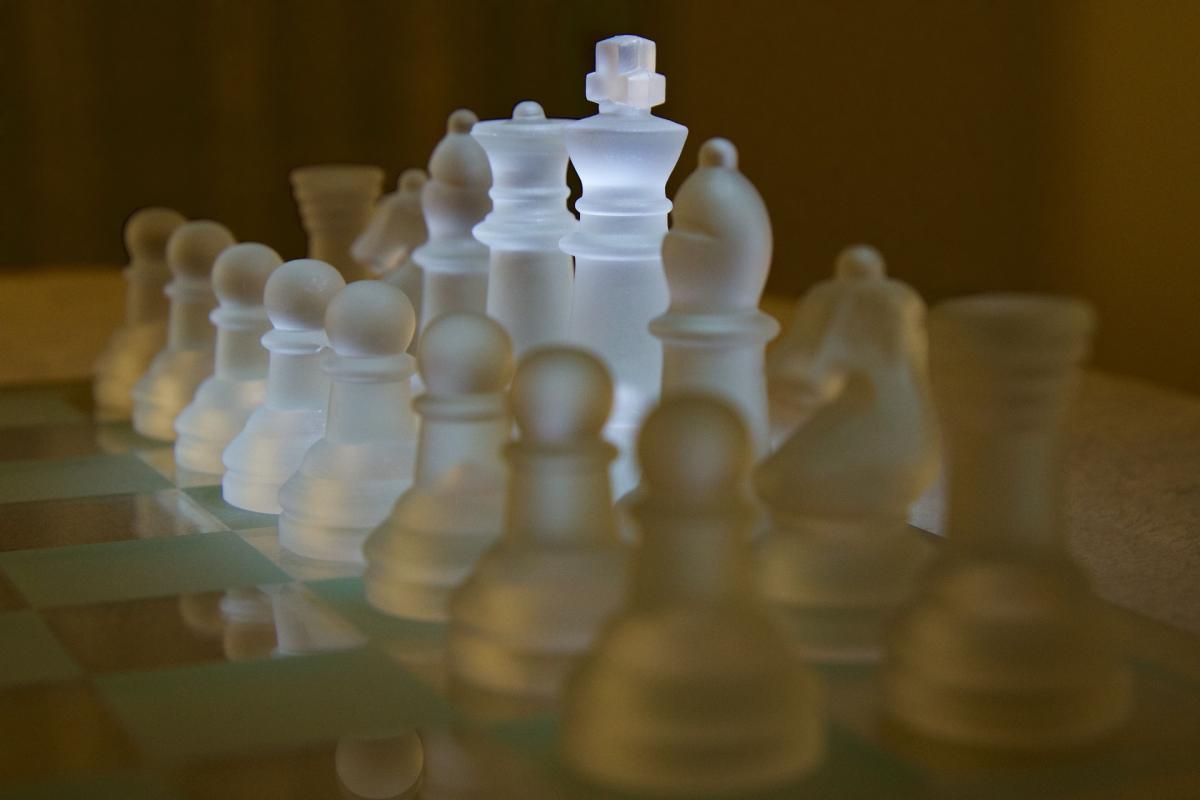

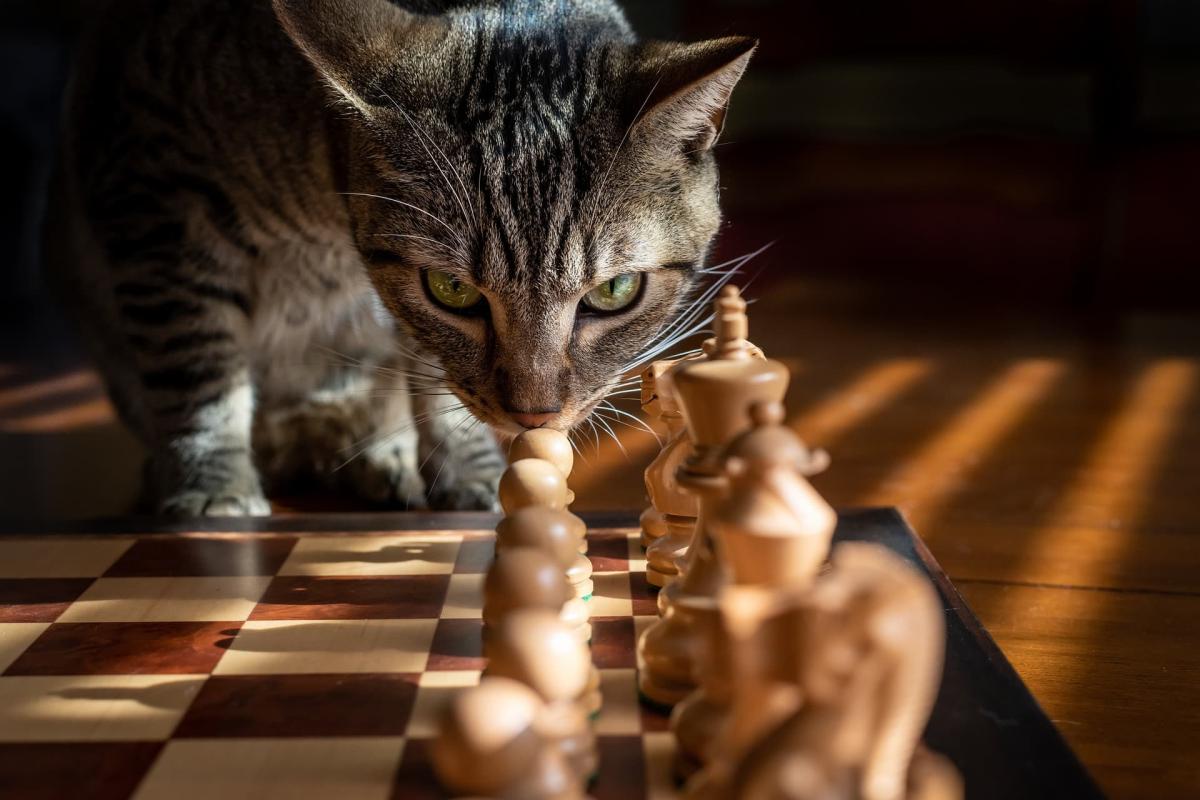
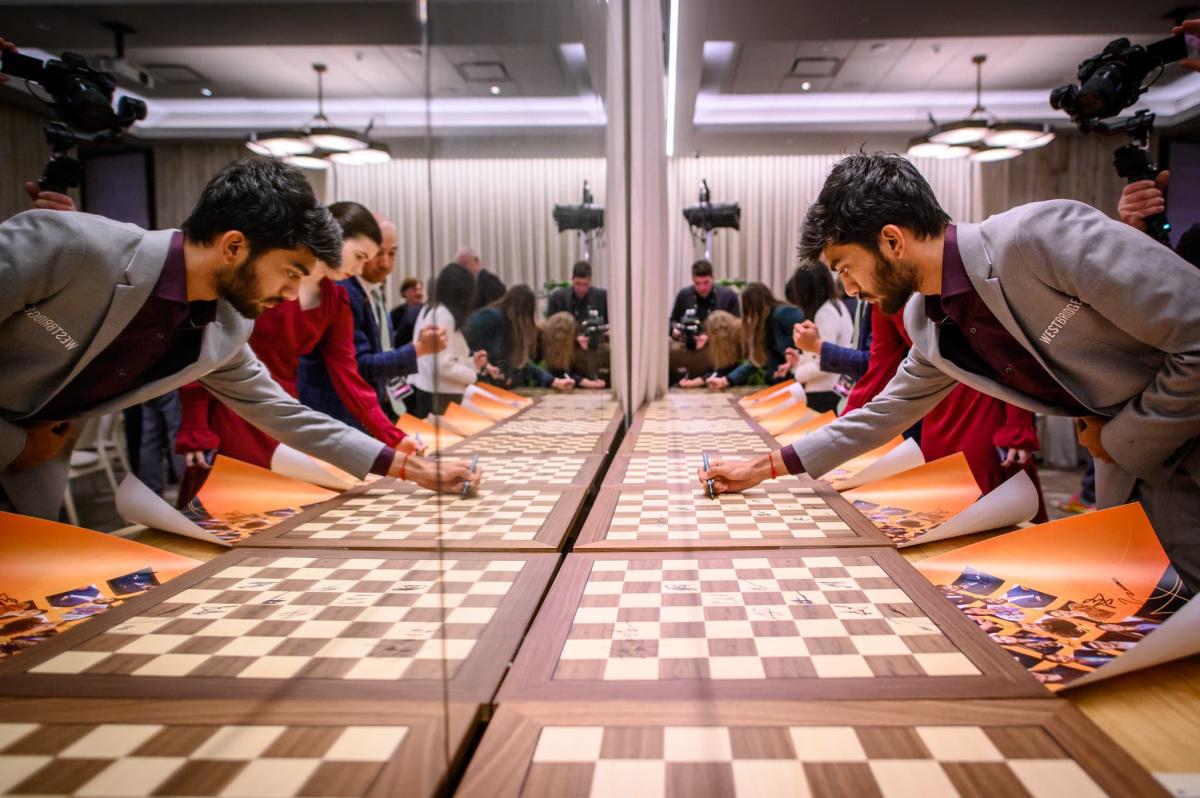
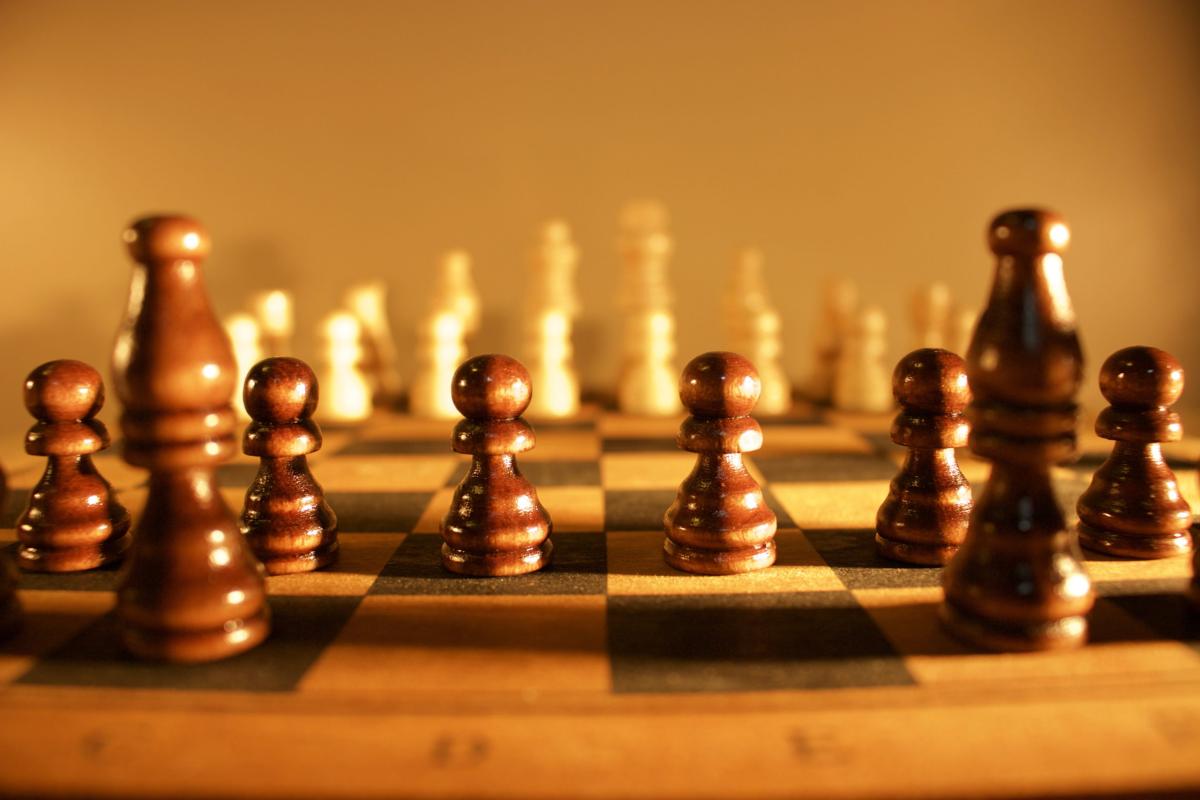
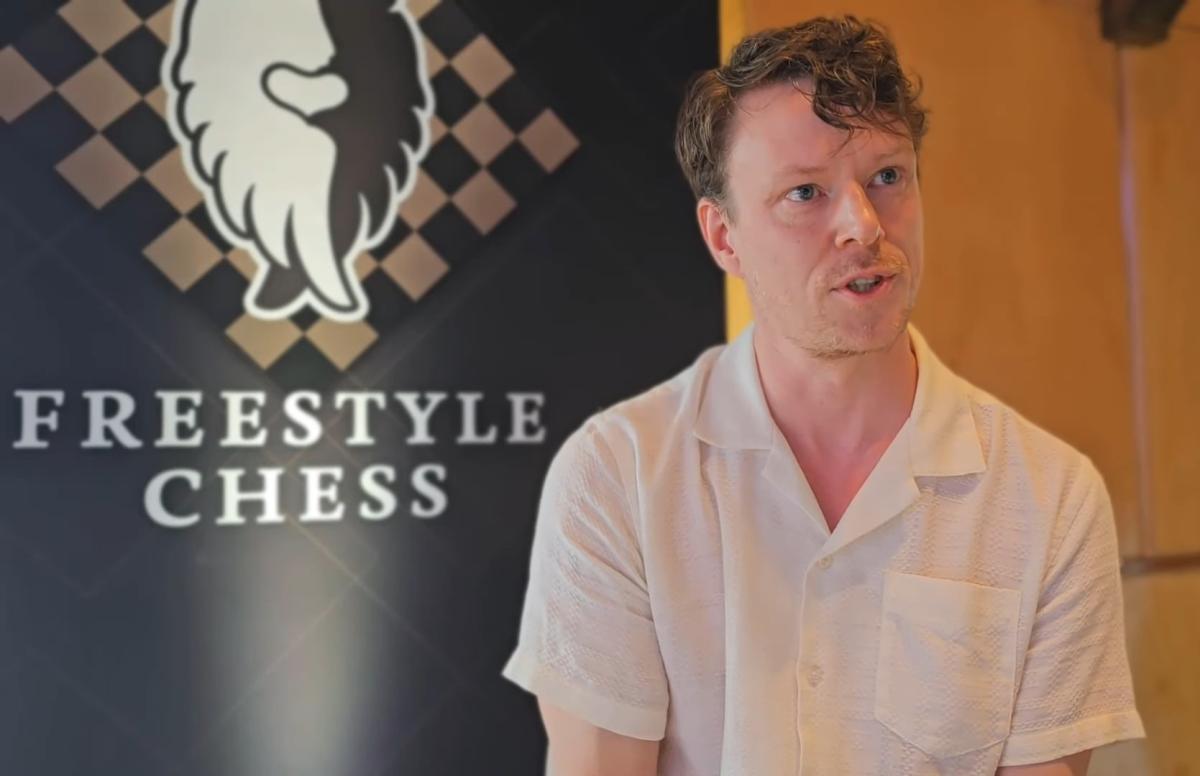

Published: Sep 24, 2022 01:07 pm